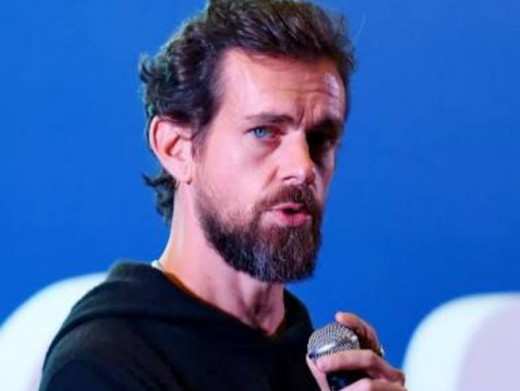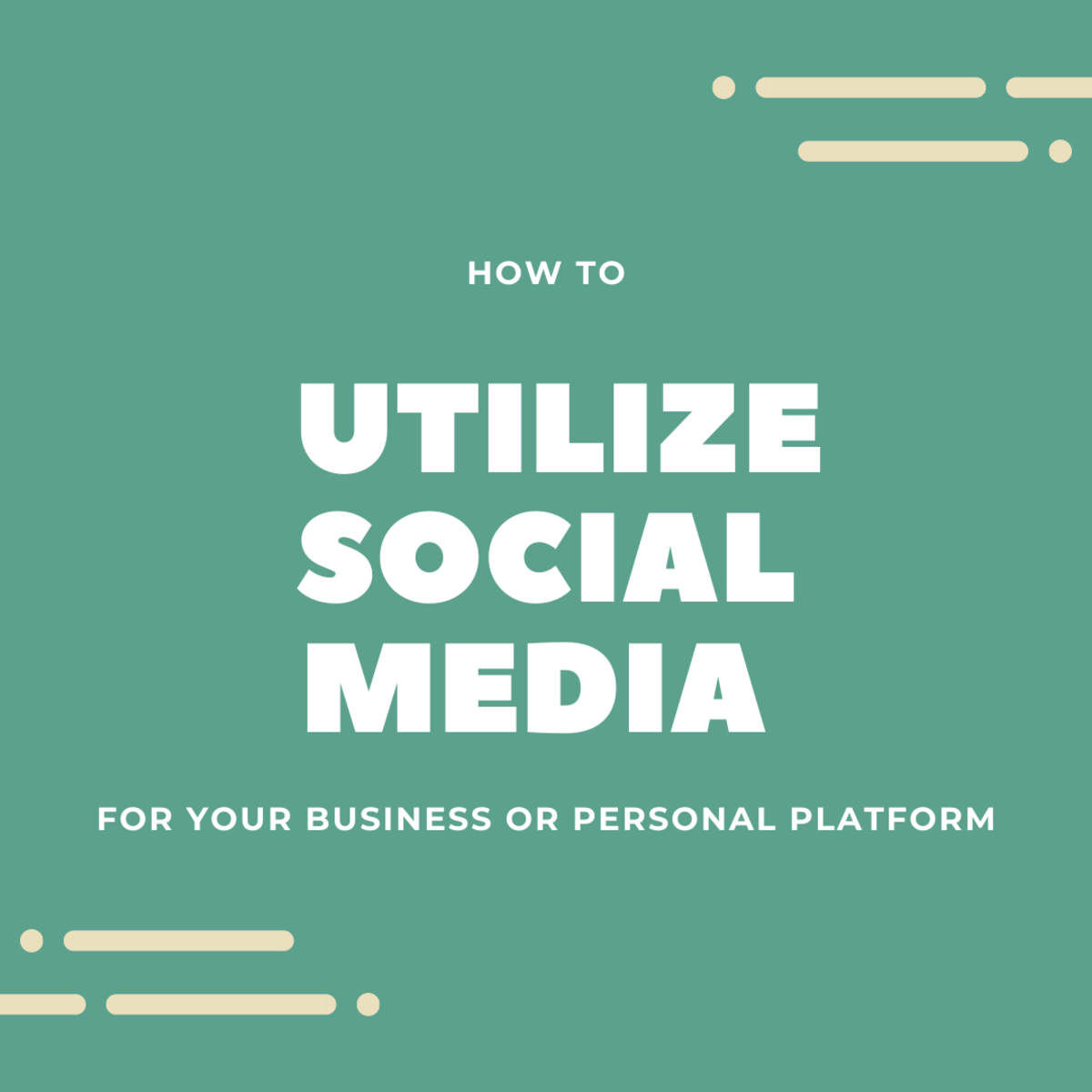Twitter Hack Drama: Those Who Fell For The Scam Bait Were Either Naive Or Greedy For Easy Gains; Perhaps Desperate
Jack Dorsey, Twitter CEO Expressed Deep Concern Over The Hack Of High Profile Twitter Accounts

Naiveness, Greediness Or Desperation Of Their Victims Are Tools And Allies Commonly Used By Cyber Criminals/Scammers
In Africa is a proverbial story of the money doubler who set out to scam a victim. His deception was really smart and almost foolproof.
The money doubler approached this next victim by a river side and told him whatever amount he has on him, he would double it. The man handed him all that was in his pocket.
Sure enough he magically doubled the money and handed it over to the man, who was now so excited and full of trust for the money doubler.
Then he told the man to go and get as much money as possible so he could double it for him and end his poverty. This man threw all caution to the wind and went to take all his savings, borrowed more money and went off to the river side.
He handed over all the money to the money doubler. To cut the story short, that man lost all his entire life savings and incurred debts as well.
At that moment when a 'send one get double back' message supposedly tweeted either by Bill Gates, Elon Musk or any of the other high profile Twitter handles, went viral; anyone reading such a message should have suspected a foul play.
My point is this, anyone of these very wealthy and prosperous individuals would outrightly give out cash gifts if they feel like giving. Why would Elon Musk, a multi-billionaire ask me to send him $1000 so he could send back $2000 dollars because he cares, and is willing the give back to his community.
Only a naive person can fall for such. If not inexperience, then whoever sent his/her Bitcoins to the cyber criminals was greedy for easy gains or too desperate as a result of the covid-19 effect on the economy, to the point of not seeing the red flag of scammers.
Perhaps Mr Bill Gates, who has been spending billions of dollars for humanitarian courses across the world, would just suddenly start a Ponzi scheme, urging people to send him a thousand dollars in order to get back double that amount. Far from it, I say.
No matter the urgency of the situation, it would have been better to verify properly before throwing away one's earnings.
According to Twitter, the hack was a coordinated attack targeting its employees with access to internal systems and tools. Twitter then confirmed that the access gained by the cyber criminals was used to take control of many highly-visible (including verified) accounts.
Now in control, the criminals tweeted on behalf of the Twitter accounts' owners, making it seem they were actually the ones sending the messages.
Unsuspecting readers of the message read them even though the scam messages were reportedly removed after a few minutes. Those high profile Twitter accounts have very many followers, so there is a high probability that a large number of people, among whom were those who contributed Bitcoins worth $114,000, would read the message.
These criminals also took advantage of the covid-19 pandemics, by way of making it seem the high profile individuals were out to give a form of palliative. Very cruel!
How My Naiveness Almost Made Me Fall For A Fake Facebook Page Scam
It was not long after I bought my first smartphone. New to this wonderful world of social media and portable internet browser, I found myself believing almost anything I saw online.
On this fateful day I scrolled through Facebook friends suggestion lists, then I came across a Facebook account supposedly belonging to the Vice President of Nigeria, Professor Yemi Osinbajo. So excited , I immediately sent him a friend request.
Around midnight later, I received a messenger message from our 'Vice President' informing me that he was pleased to be friends with me and I was one of the few lucky people he would be giving an SUV jeep. My heart almost burst open in frenzy.
First, I'm a Facebook friend of the number two citizen of my country; secondly he was about to give me an exotic car.
Part of the message directed me to call a particular phone number belonging to a customs officer located in Abuja, the Nigerian capital city. I reside in Lagos State.
I could barely sleep after reading that juicy message. As soon as it was morning the next day, I dialed that number. Sure enough, the 'customs officer' sounded like a high ranking government official.
I immediately informed him about the Vice President's message; to which he replied and said the SUV Jeep is one of 400 jeeps which were gifts presented to the VP. He then explained that the VP was giving them out to anyone he chooses. I was now cocksure I would certainly get a jeep; I was on the right course, or so I thought.
He however said I was to foot the bill for transporting my gift all the way from Abuja to Lagos where I live. The amount to be paid was 45,000 Naira, Nigerian currency. At that time, my monthly salary was 30,000 Naira.
Although I immediately smelt a rat when he talked about payment, his answer when I asked if I was to pay on delivery made me let down my guard. His response was that I was to pay on delivery. Remember I was new to social media.
It was actually when I called up a brother of mine, asking him for some loan so I can pay for a gift car delivery from our Vice President that I began to learn some truth. He blankly told me I was simply being scammed. I said the man said I could pay the 45,000 Naira on the SUV delivery.
This brother said it was a common trick, and he himself had been a victim of a fake Facebook page of a Nigerian celebrity. As for the Facebook page, it was created and made to look like it belonged to the Vice President. I thanked him and hung up.
It was the next morning before I got a call from the false customs officer. That day was supposed to be the day of delivery. He said the driver who will drive down the car to my address is ready and set. All I needed to do was to send the money to a bank account number he would send, and then the journey would commence.
At this point, I decided to play along by reminding him that he had previously told me I was to pay on delivery. His response was that I had to pay before delivery. I told him I would get back to him. Now it's been three years since I heard from him.
Believe me you, if I had that money with me, and did not have to call that brother of mine for assistance, those guys had hypnotized me into believing I was highly favored by the Vice President, and I would most likely have sent them the money.
My experience made me prevent someone else from falling into a similar trap. While I do not blame those who fell for the Twitter accounts hack scam, I feel we could all learn from their mistakes though.
Cyber criminals keep evolving new ways to deceive people. We have to always remember that it is not all that glitters is gold. Beware of fabulous gains.
Social Media companies need to extend special protections to all high profile accounts like that protecting the Twitter account of President Donald Trump.
I close by referring to a White House statement on the wake of the Twitter hack. According to that statement, the President will remain on Twitter. His Twitter account was secure and not jeopardized during these attacks. Reports indicate that Trump's Twitter account has special protections in place, following past incidents.
Therefore it is my opinion that such special protections be put in place for all high profile Social Media accounts, and if need be, all Social Media accounts for that matter. What if cyber criminals decide to hack accounts and send out incriminating messages from ordinary people's social media handles as well? That could spell trouble for innocent folks.
According to a report, at least 130 Twitter accounts were hacked. Some of the high profile individuals whose accounts were hacked are Multi-billionaire Jeff Bezoz of Amazon Online Retail Stores, rapper Kanye West, Democratic Presidential candidate Joe Biden, Bill Gates of Microsoft, Tesla and SpaceX Chief Elon Musk, media billionaire Mike Bloomberg, United States Former President Barack Obama, reality and TV star Kim Kardashian West and others. Even the Twitter account of the ride-sharing App Uber was also compromised.








